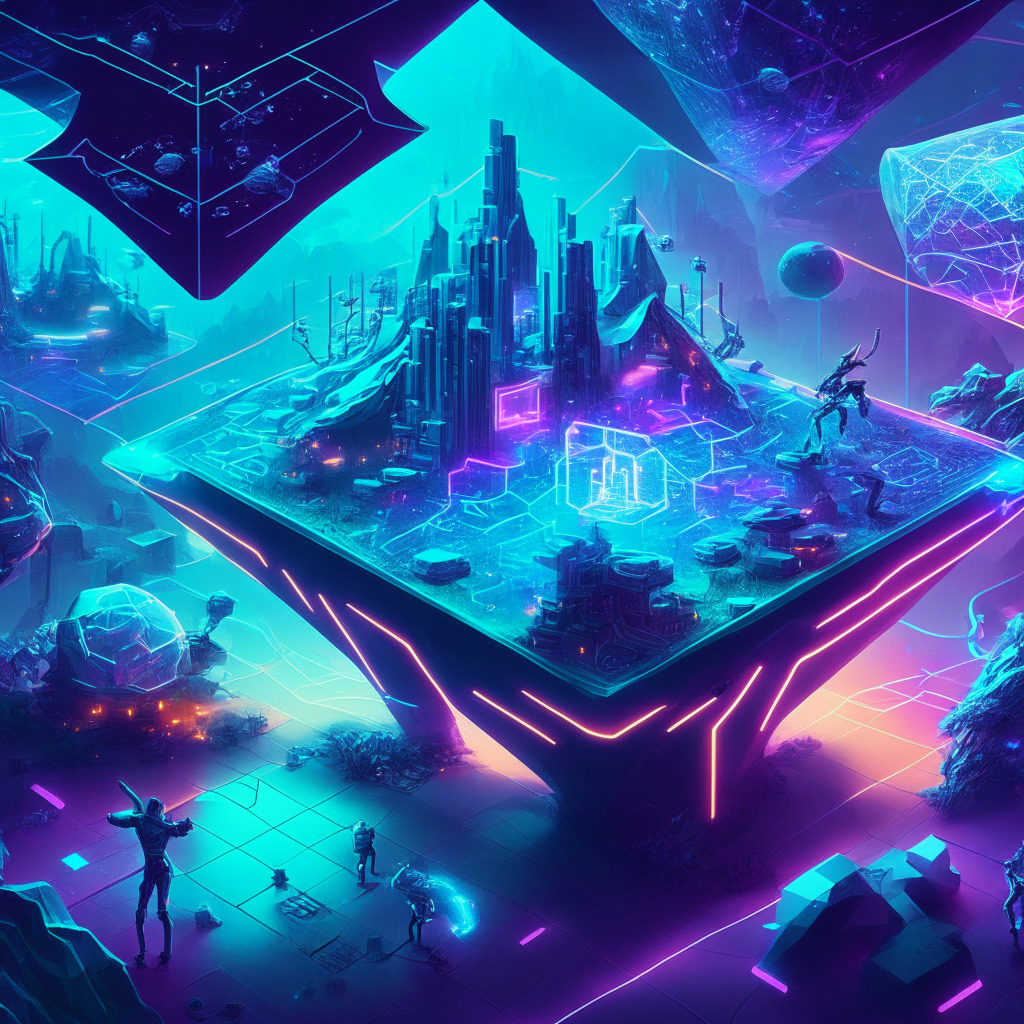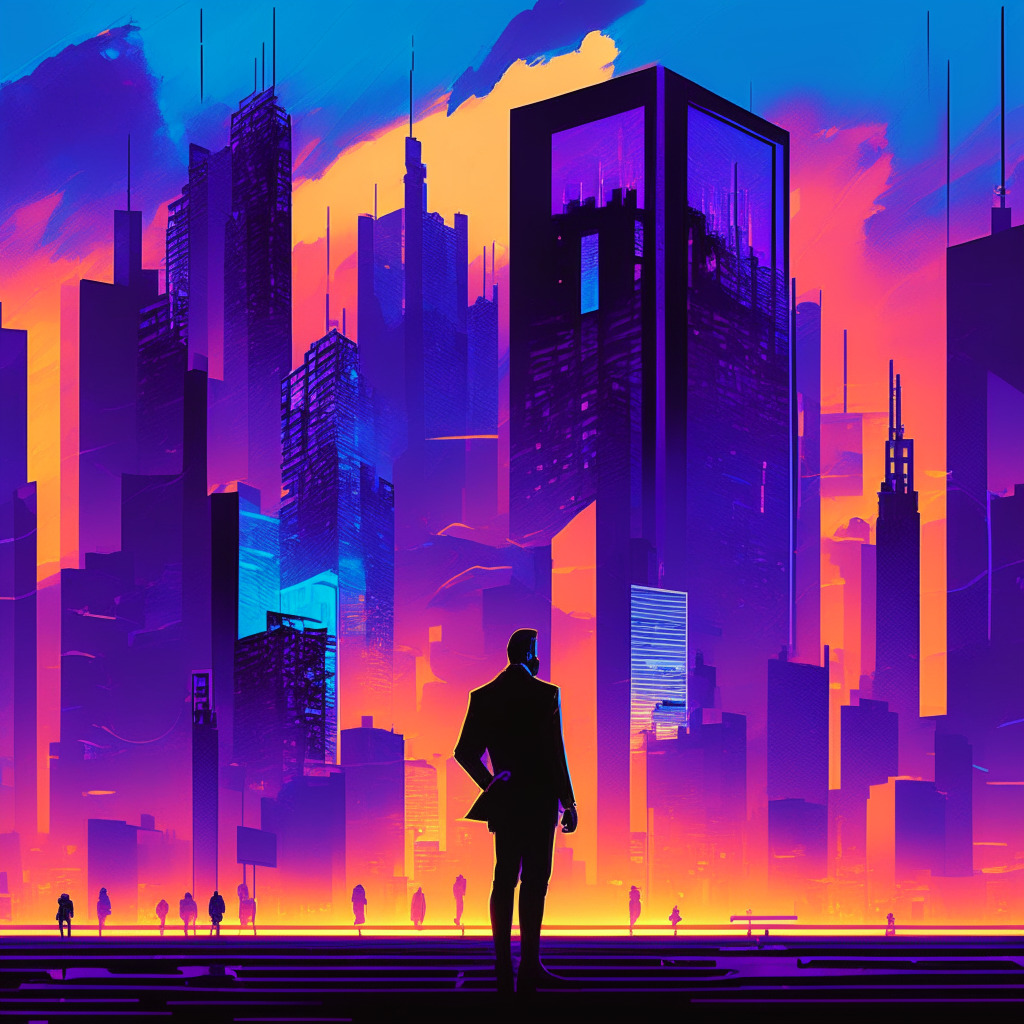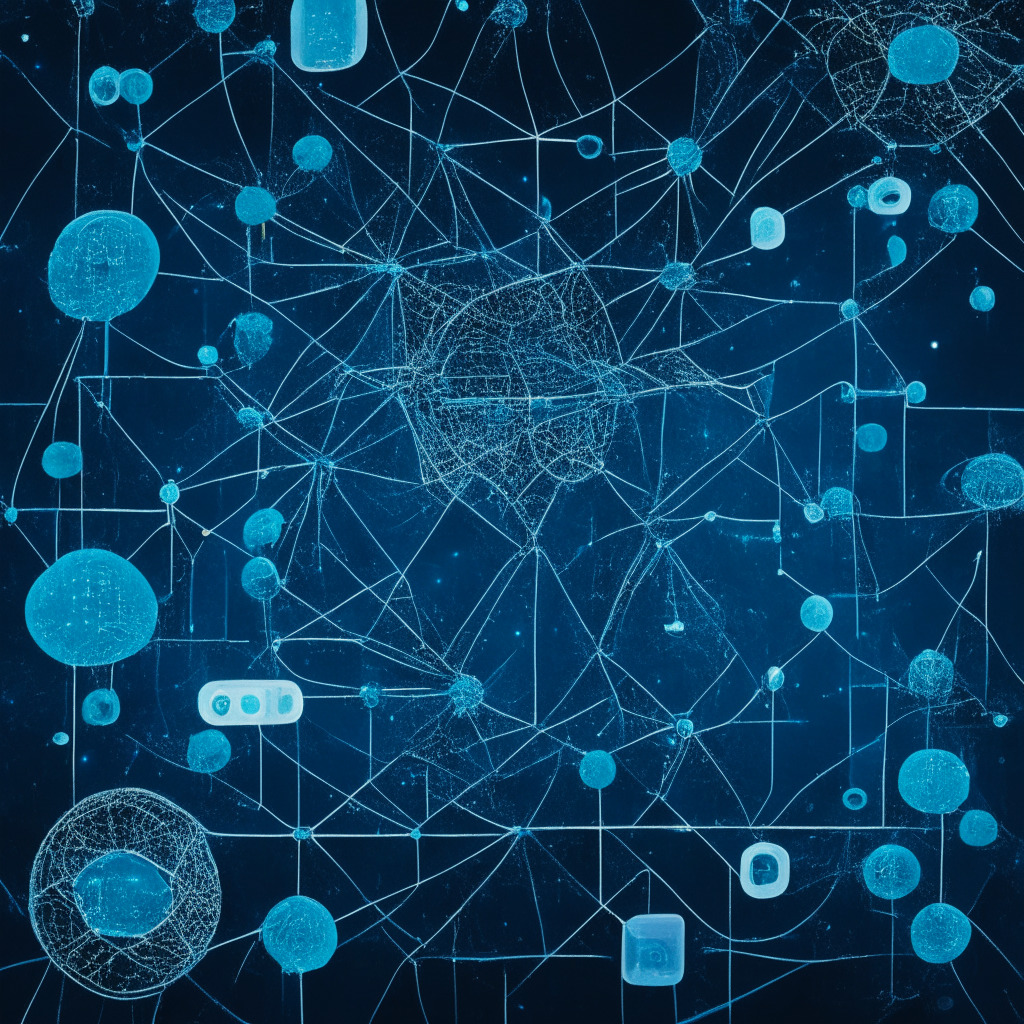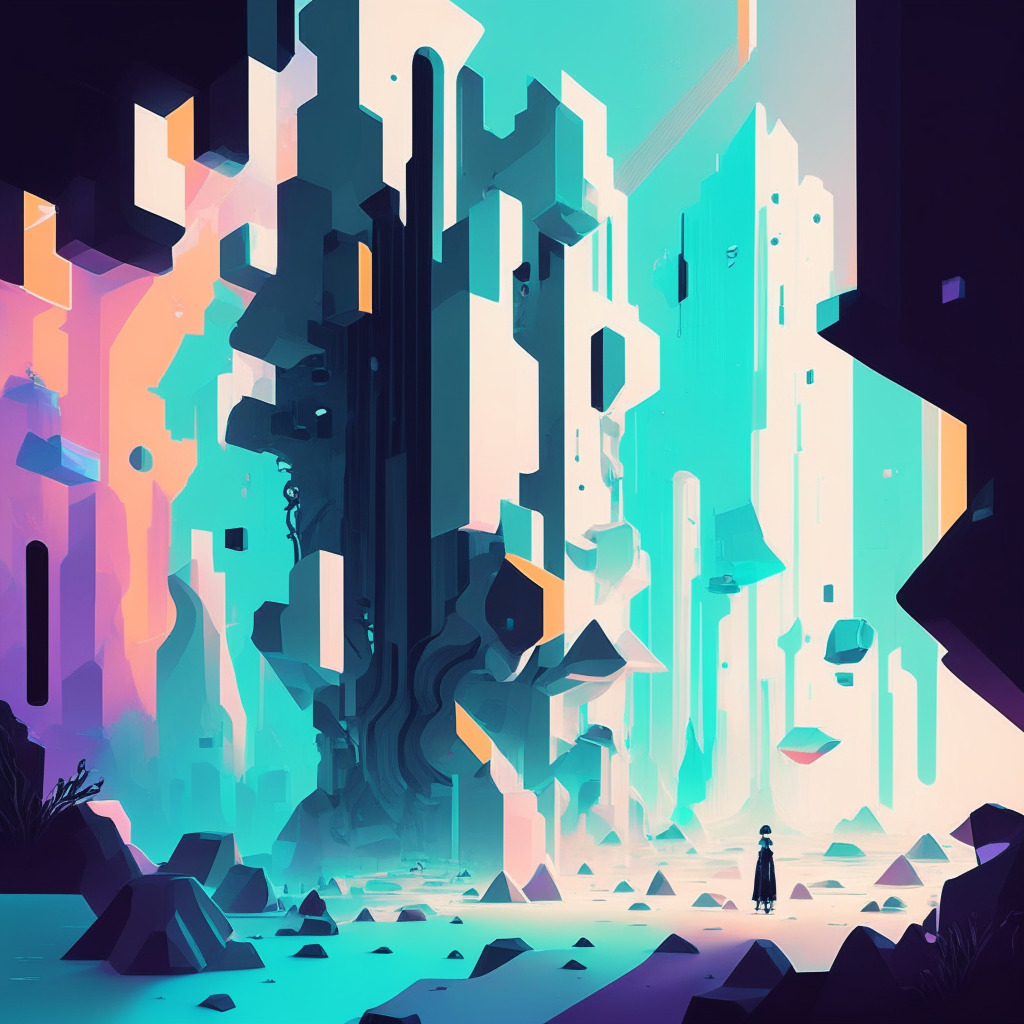The ever-evolving world of technology continues to keep us engaged, and one of the most prominent developments in recent times is the advent of Web3 gaming. The intersection of blockchain and gaming industry heralds a new era of entertainment, bringing opportunities for innovators, game developers and players alike.
A recent interview conducted by Decrypt involved a conversation with Hedera VP, Alex Russman, who shared insights about Hedera’s Web3 gaming ecosystem and an exciting game he is particularly passionate about. Web3 gaming presents a transformative shift in the gaming industry, combining the advantages of decentralized technology with the interactive and engaging nature of modern gaming.
Proponents of Web3 gaming argue that it offers gamification and play-to-earn features, giving users the chance to participate in in-game economies, such as token-based rewards, that can be utilized both within and outside the gaming environment. Hedera’s Web3 gaming ecosystem is designed to encourage creativity and collaboration, enabling developers to engage in a seamless workflow to create unique and immersive experiences.
However, as with any groundbreaking technological advancements, there will always be some skepticism. Detractors may question the sustainability and scalability of incorporating blockchain into gaming. This primarily revolves around the costs and energy consumption typically associated with popular decentralized networks used in gaming, like Ethereum.
Hedera, though, offers an interesting solution to this perceived issue. Their platform has been designed to provide low-energy, cost-effective, and scalable infrastructure for Web3 gaming projects, paving the way for widespread adoption. By tackling one of the primary drawbacks of the emerging technology, they offer a smoother, more accessible landscape for developers and players to engage with in the foreseeable future.
Nevertheless, despite the apparent advantages, concerns remain about the growing number of play-to-earn schemes and whether these approaches to gaming can impact the quality and integrity of games. Traditional game development has always focused on providing immersive and engaging experiences, and critics argue that focusing too much on monetization can lead to a decline in game quality. On the other hand, by bridging gaming and blockchain technology, Web3 gaming promises to bring more innovation into the space, creating an ecosystem that rewards everyone involved – from developers, to artists, to players.
To sum up, the Web3 gaming landscape is on the cusp of an explosion, setting the stage for a new breed of technology enthusiasts to develop and consume adaptive, decentralized gaming experiences. While concerns surrounding scalability, cost, and the potential impact on gameplay are valid, solutions such as Hedera’s low-energy, cost-effective infrastructure, highlight the commitment to driving innovation in the industry. The future of Web3 gaming, backed by the robustness of blockchain technology, holds immense potential for unlocking synergies between creators and users, ultimately sculpting an interactive and rewarding gaming environment for all.
Source: Decrypt




